Nourishing Your Pup: A Guide to Dog Foods That Are (and Aren't) Safe to Eat
As pet owners, we want nothing but the best for our furry friends, and nutrition plays a crucial role in their overall health and well-being. While it's tempting to share our meals with our dogs, not all human foods are safe for them to consume. In this blog post, we'll explore a comprehensive guide to dog foods that are both safe and unsafe, helping you make informed choices to keep your pup happy and healthy.
Dog Foods That Are Safe to Eat:
-
Lean Proteins: Lean proteins such as cooked chicken, turkey, and beef are excellent sources of amino acids that help support muscle growth and repair. Make sure to remove any bones and excess fat before feeding them to your dog.
-
Fruits: Many fruits are safe and even beneficial for dogs in moderation. Apples (without seeds), blueberries, strawberries, and bananas are rich in vitamins, minerals, and antioxidants. Remember to remove any pits or seeds, as they can be choking hazards.
-
Vegetables: Vegetables like carrots, green beans, and sweet potatoes are packed with fiber, vitamins, and minerals that promote digestive health and support the immune system. Steam or lightly cook vegetables to make them easier for your dog to digest.
-
Whole Grains: Whole grains such as brown rice, oatmeal, and quinoa provide a source of carbohydrates for sustained energy and fiber for digestive health. Avoid feeding your dog products containing refined grains or excessive amounts of gluten.
-
Dairy Products (in moderation): Some dogs can tolerate small amounts of dairy products like plain yogurt or cheese, which can provide calcium and protein. However, many dogs are lactose intolerant, so monitor your dog for any signs of digestive upset after consuming dairy.
Dog Foods That Aren't Safe to Eat:
-
Chocolate: Chocolate contains theobromine and caffeine, which are toxic to dogs and can lead to symptoms ranging from vomiting and diarrhea to seizures and even death. Keep chocolate and cocoa products out of reach of your dog at all times.
-
Grapes and Raisins: Grapes and raisins can cause kidney failure in dogs, even in small amounts. Avoid feeding your dog grapes, raisins, or any products containing them, such as trail mix or grape-flavored snacks.
-
Onions and Garlic: Onions and garlic, whether raw, cooked, or in powdered form, contain compounds that can damage a dog's red blood cells and lead to anemia. Even small amounts can be harmful, so avoid feeding your dog any foods seasoned with onions or garlic.
-
Xylitol: Xylitol is a sugar substitute commonly found in sugar-free gum, candies, and baked goods. In dogs, xylitol ingestion can cause a rapid release of insulin, leading to hypoglycemia (low blood sugar) and potentially liver failure. Keep products containing xylitol well out of reach of your dog.
-
Alcohol: Alcohol, even in small amounts, is extremely dangerous for dogs and can cause alcohol poisoning, leading to symptoms such as vomiting, diarrhea, difficulty breathing, and even coma. Never intentionally give your dog alcohol, and be cautious of spills or unattended drinks.
Ensuring that your dog's diet consists of safe and nutritious foods is essential for their health and longevity. By sticking to vet-approved foods and avoiding potentially harmful substances, you can provide your pup with the balanced diet they need to thrive. When in doubt, consult your veterinarian for personalized dietary recommendations tailored to your dog's specific needs and preferences. Here's to many happy and healthy meals with your beloved canine companion!

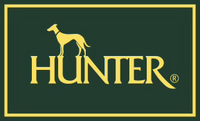
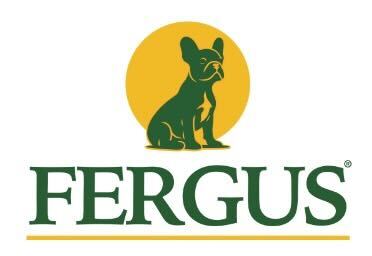
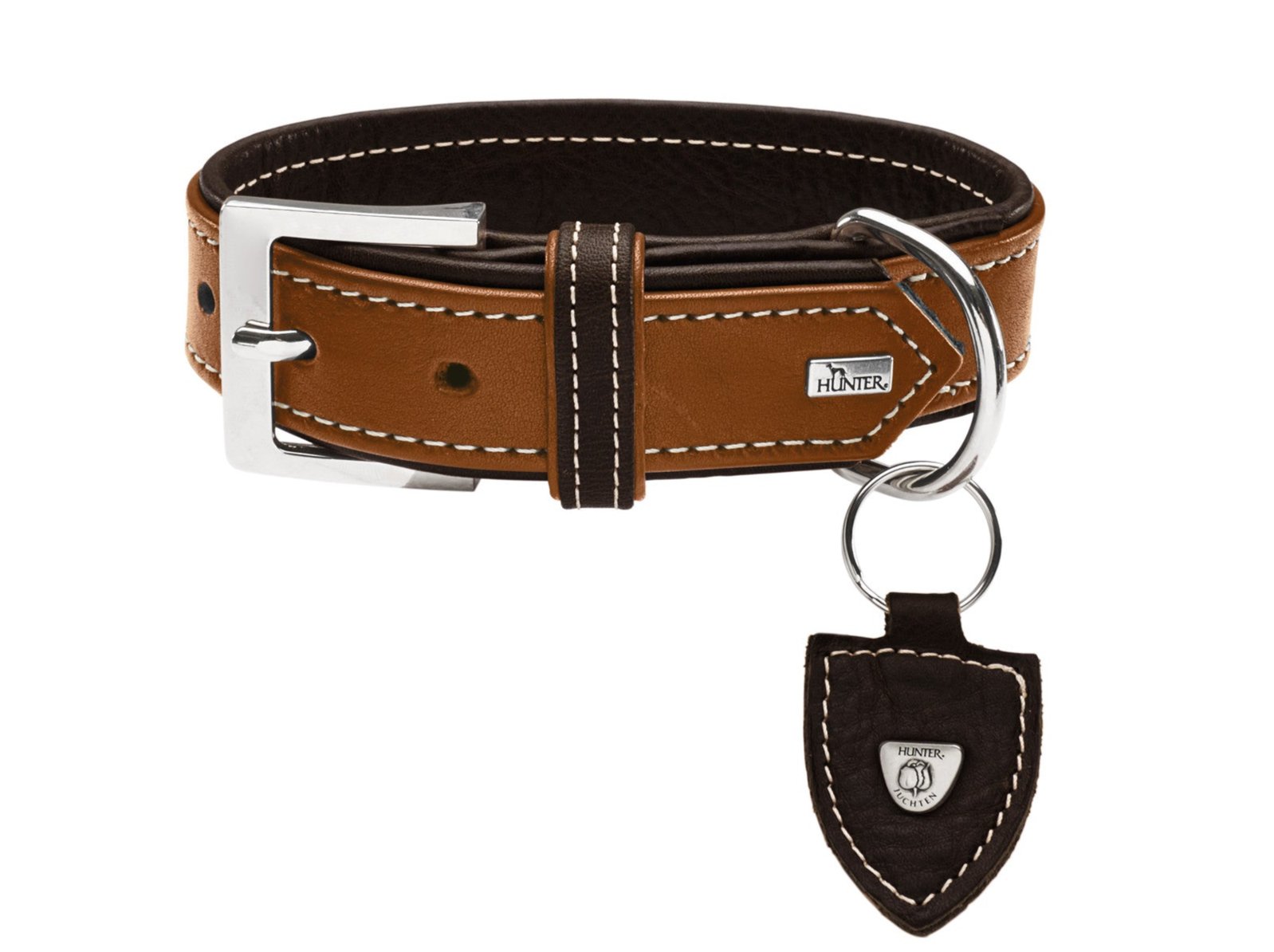

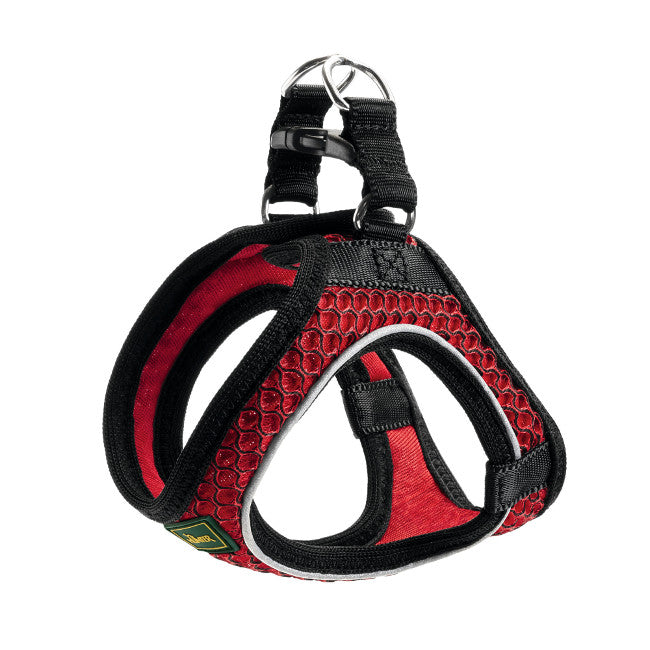
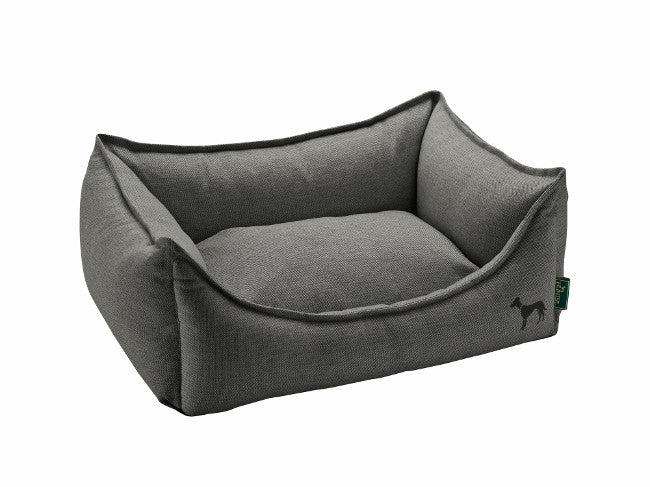
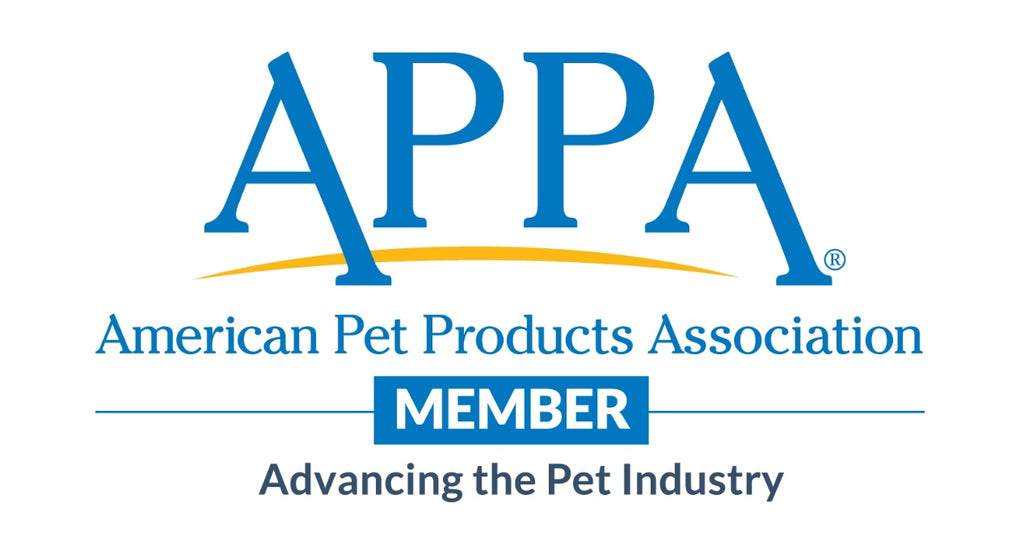
Leave a comment